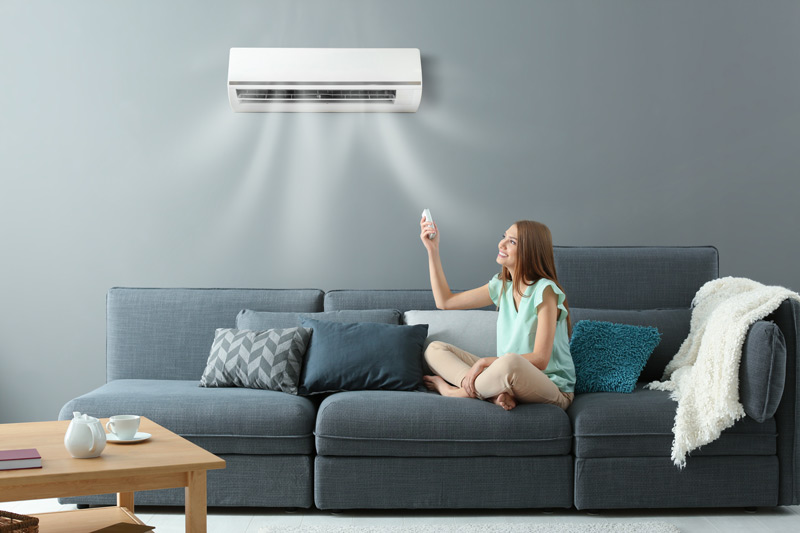Understanding How Air Conditioning Systems Efficiently Cool Your Space
Understanding How Air Conditioning Systems Efficiently Cool Your Space
Elite Services AC LLC
10/27/20241 min read


The Fundamentals of Air Conditioning Cooling
Air conditioning systems play a crucial role in maintaining comfort levels in indoor environments, especially during hot weather. But how does air conditioning cool best? The effectiveness of these systems relies on several core principles and technologies that govern how they operate. In essence, air conditioning works by removing heat from the indoor air and transferring it outside, which inherently lowers the internal temperature.
Components of an Air Conditioning System
To understand how air conditioning achieves optimal cooling, it is important to recognize the different components involved. Central to any AC system are the compressor, evaporator coil, condenser coil, and refrigerant. The compressor circulates the refrigerant, which absorbs heat from the interior air when it passes through the evaporator coil. This process cools the air, allowing it to be recirculated into the living space. Meanwhile, the condenser coil releases the absorbed heat to the outdoors. This constant cycle of heat absorption and release is what ultimately maintains a cool indoor climate.
Factors Influencing Air Conditioning Efficiency
Several factors influence how well an air conditioning system cools a space. Firstly, the initial settings of the thermostat can determine the system’s performance. Setting the thermostat to a lower temperature than the ambient air will engage the system more intensely, promoting effective cooling. Additionally, proper insulation and sealing of the home improve efficiency by minimizing cool air loss. Regular maintenance, including cleaning or replacing filters and checking refrigerant levels, is also vital. An efficiently maintained system can operate at peak performance, thus optimizing its cooling capabilities.
Another significant aspect is the size of the air conditioning unit. An undersized system may struggle to cool a space adequately, while an oversized unit can lead to inefficient operation and increased energy bills. Therefore, selecting the right system size based on the square footage of the area is essential for optimal cooling.
In conclusion, understanding how air conditioning cools best involves recognizing the underlying mechanics of the system and factors affecting its cooling efficiency. By ensuring proper installation, maintenance, and temperature settings, one can achieve a comfortable indoor environment combined with energy efficiency.
Services
We are a company specializing in air conditioning and heating systems, providing services for residential and commercial sectors, located in the Miami, Florida area. Our team of experts has over 10 years of experience. Available 24/7. Ask about our financing plans.
contact us
Support
contact@eliteservicesac.com
(786) 266-2776
© 2024. All rights reserved.
